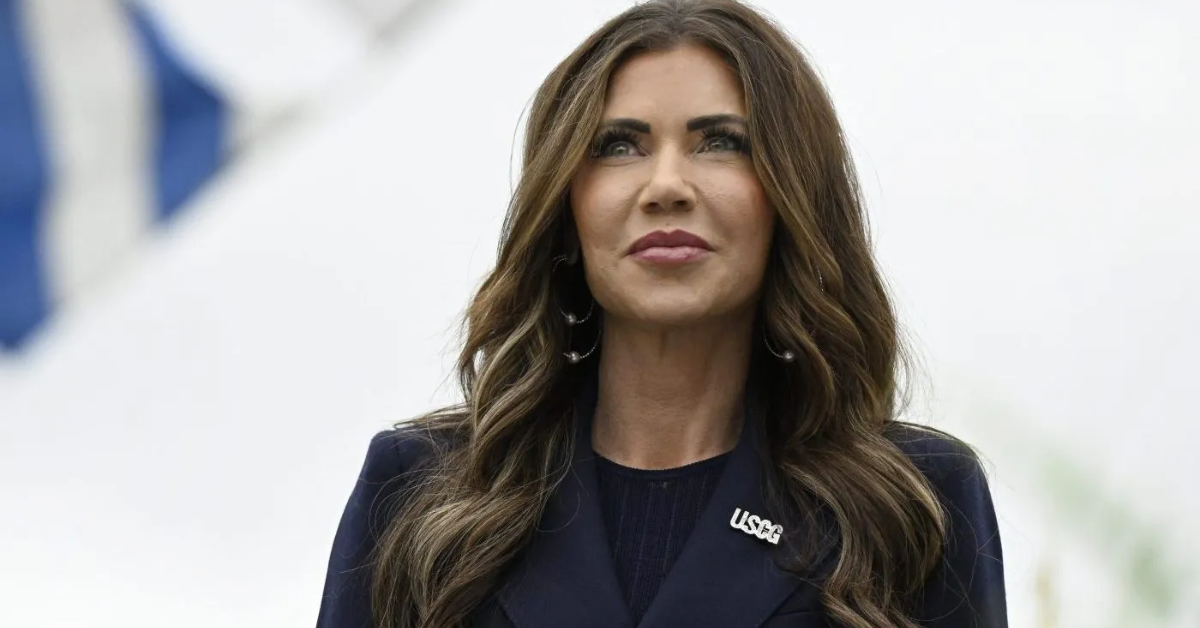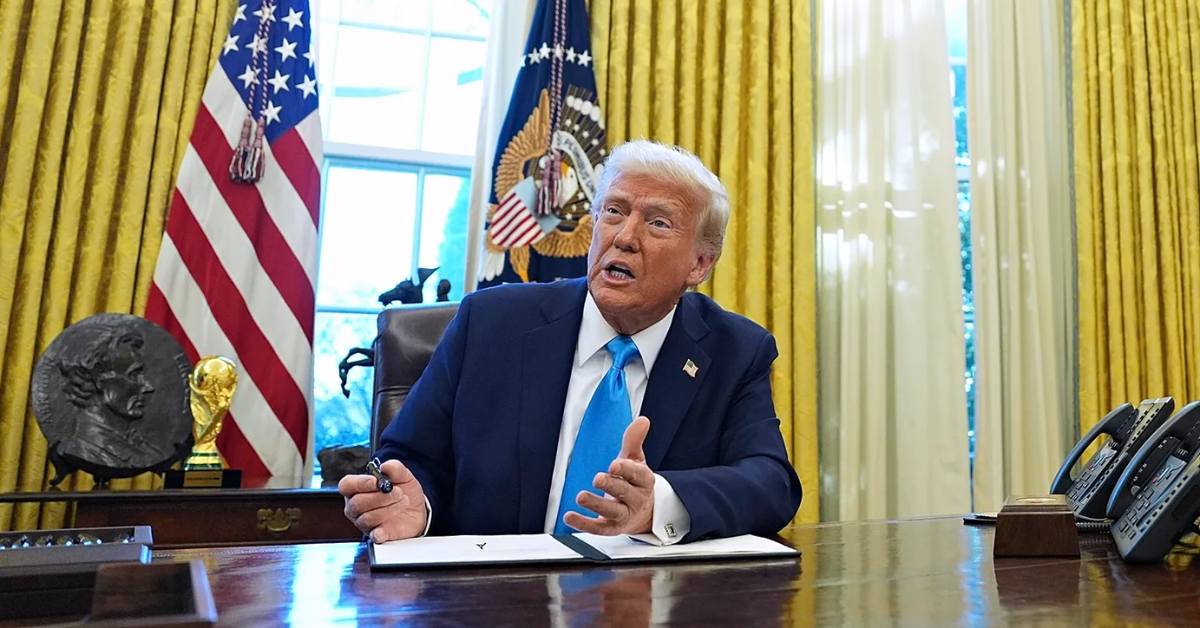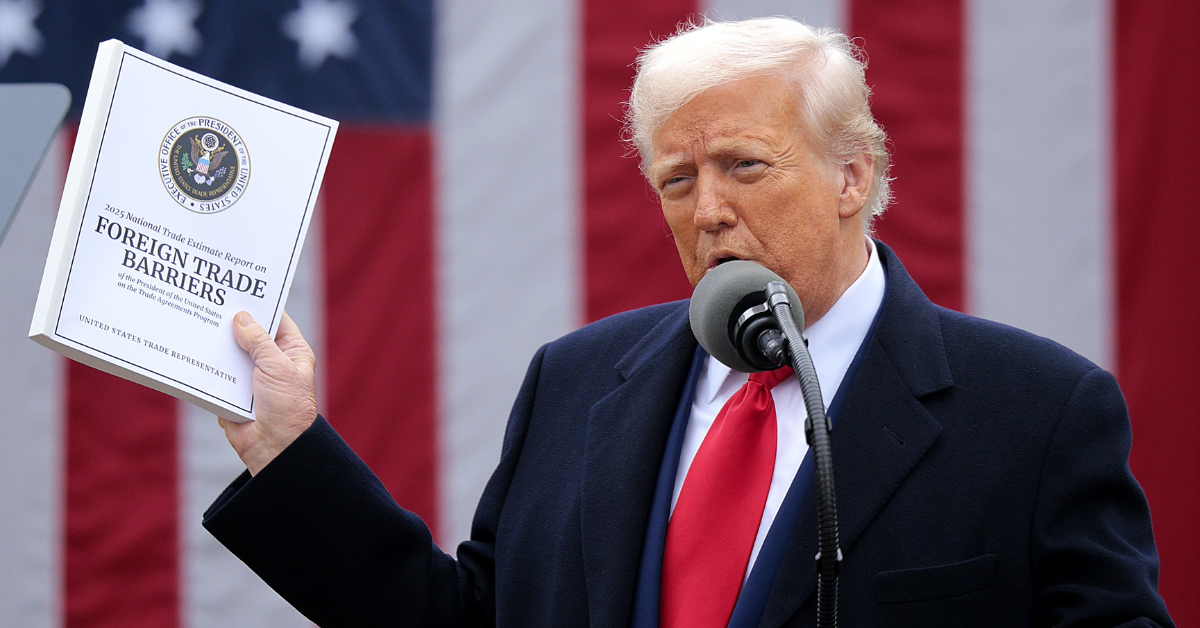The legal protections known as Temporary Protected Status (TPS) have offered safety to more than a million Venezuelan and Haitian migrants living in the United States. These migrants were allowed to stay due to ongoing crises in their home countries, where violence, natural disasters, and political unrest made return unsafe. Recently, the Trump administration tried to end these protections, which sparked concern and legal challenges.
A federal judge has stepped in to block the Trump administration’s move to terminate TPS for Venezuelans and Haitians. This decision ensures these migrants can continue living and working legally in the U.S. for now. The court’s ruling highlights the ongoing debates about immigration policies and how Americans and migrants should be treated during global crises.
What Is Temporary Protected Status (TPS)?
Temporary Protected Status is a humanitarian program that allows migrants from countries facing dangerous conditions to live and work in the United States temporarily. TPS is granted when natural disasters, armed conflict, or other emergencies make it unsafe for people to return to their homeland.
Countries such as Venezuela and Haiti have faced severe challenges in recent years. Venezuela is dealing with a political and economic crisis, while Haiti has suffered from natural disasters like earthquakes and hurricanes. These problems have pushed many people to migrate, seeking refuge and safety.
The Trump Administration’s Plan to End TPS for Venezuelans and Haitians
In 2020, the Trump administration announced its intention to end TPS protections for Venezuelans and Haitians. This decision would have forced about 1.1 million migrants to either leave the country or live without legal status. The administration argued that the conditions in these countries were improving and that the temporary protections were no longer necessary.
This plan created widespread concern among migrant communities, advocacy groups, and lawmakers. Many argued that Venezuela and Haiti were still unstable and that ending TPS could put thousands in danger by forcing them to return to unsafe situations. Organizations like Human Rights Watch and the American Civil Liberties Union (ACLU) criticized the move, calling it “premature” and “unjust.”
Judge’s Ruling: What Does It Mean?
In March 2021, a U.S. District Judge blocked the Trump administration’s planned termination of TPS for Venezuelans and Haitians. The judge’s decision stops the government from ending these protections, at least temporarily, until the court fully reviews the case.
The ruling is based on arguments that the administration did not properly consider the consequences of ending TPS and failed to follow legal procedures. The court found that migrants under TPS might face “serious harm” if forced to return to dangerous conditions in their home countries.
The judge emphasized the importance of protecting people who came to the U.S. legally during times of crisis, allowing them to continue working and living with some stability. This decision is seen as a win for migrant communities and human rights advocates.
What Happens Next for TPS Holders?
For now, Venezuelan and Haitian migrants with TPS can continue to stay and work legally in the United States. However, the future of the program remains uncertain as the legal battle continues. Both the U.S. government and advocacy groups will present their cases, possibly leading to more court decisions down the line.
Meanwhile, discussions on immigration reform and the treatment of migrants are growing louder in the U.S. Congress. Lawmakers are exploring permanent solutions that could offer more stability for migrants instead of temporary protections like TPS. According to NPR, immigration policies remain a complex and often divisive issue in American politics.
Why This Matters to Younger Readers and Global Citizens
Many young people today grow up in a world connected by migration, displacement, and global challenges. Stories like the TPS case for Venezuelans and Haitians show how international events directly impact individuals and communities worldwide.
Understanding these issues encourages empathy and awareness about the struggles faced by migrants. It also highlights the importance of laws and policies that protect vulnerable people during crises. For young readers, knowing about TPS can inspire thoughtful conversations about fairness, human rights, and the role of governments in protecting all people.





